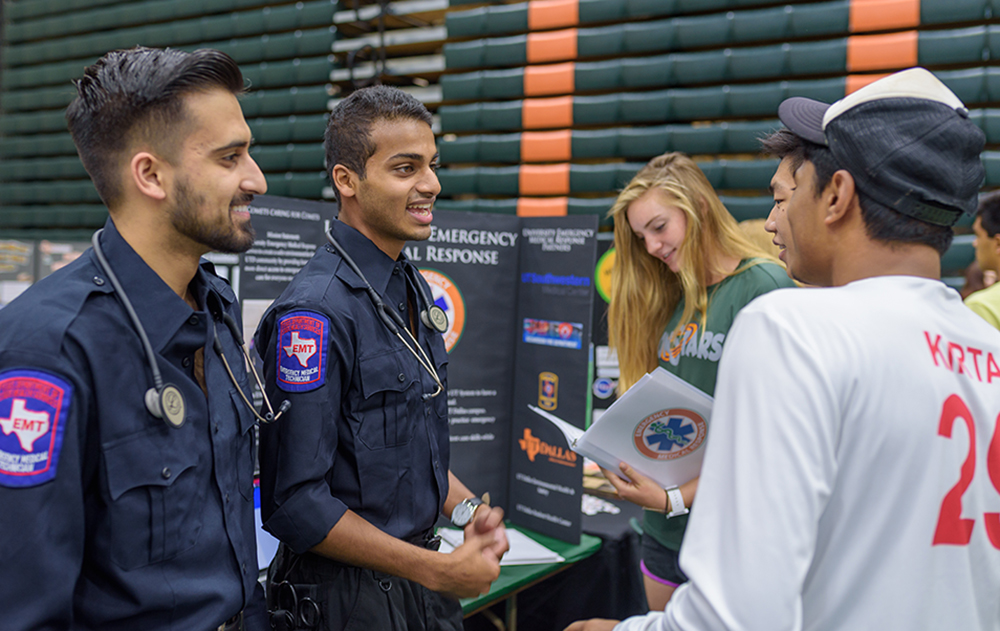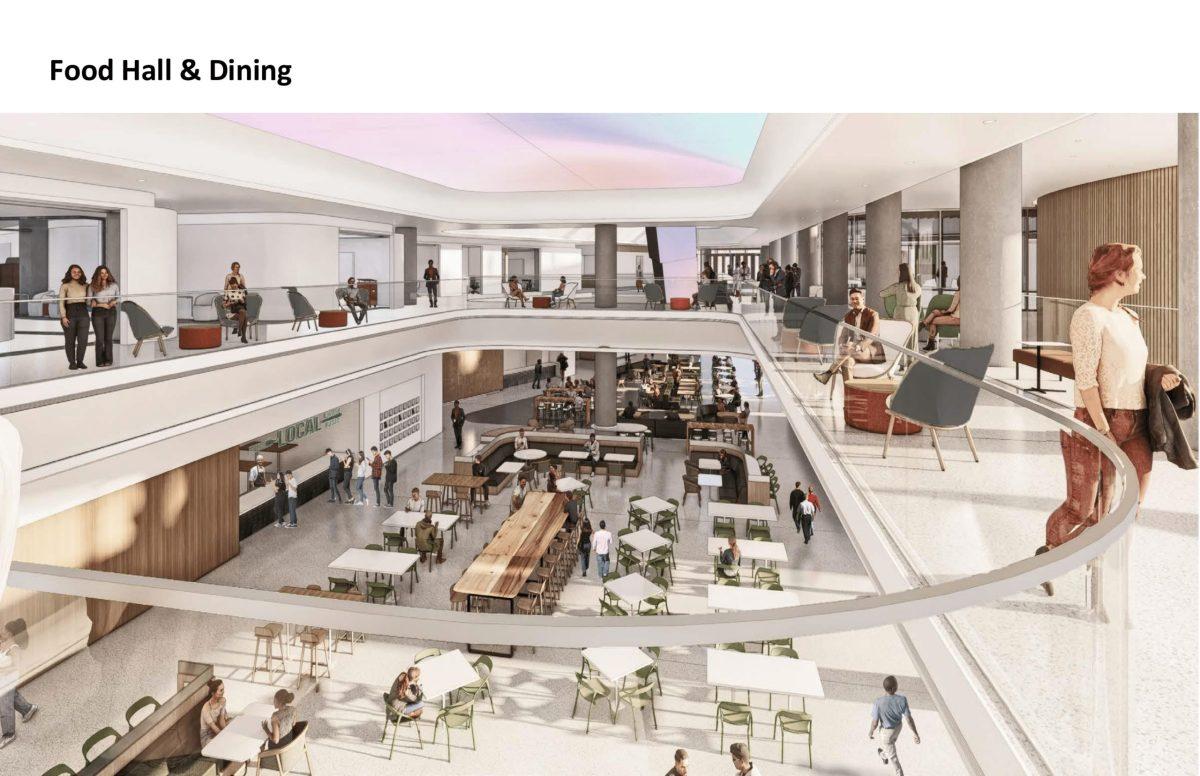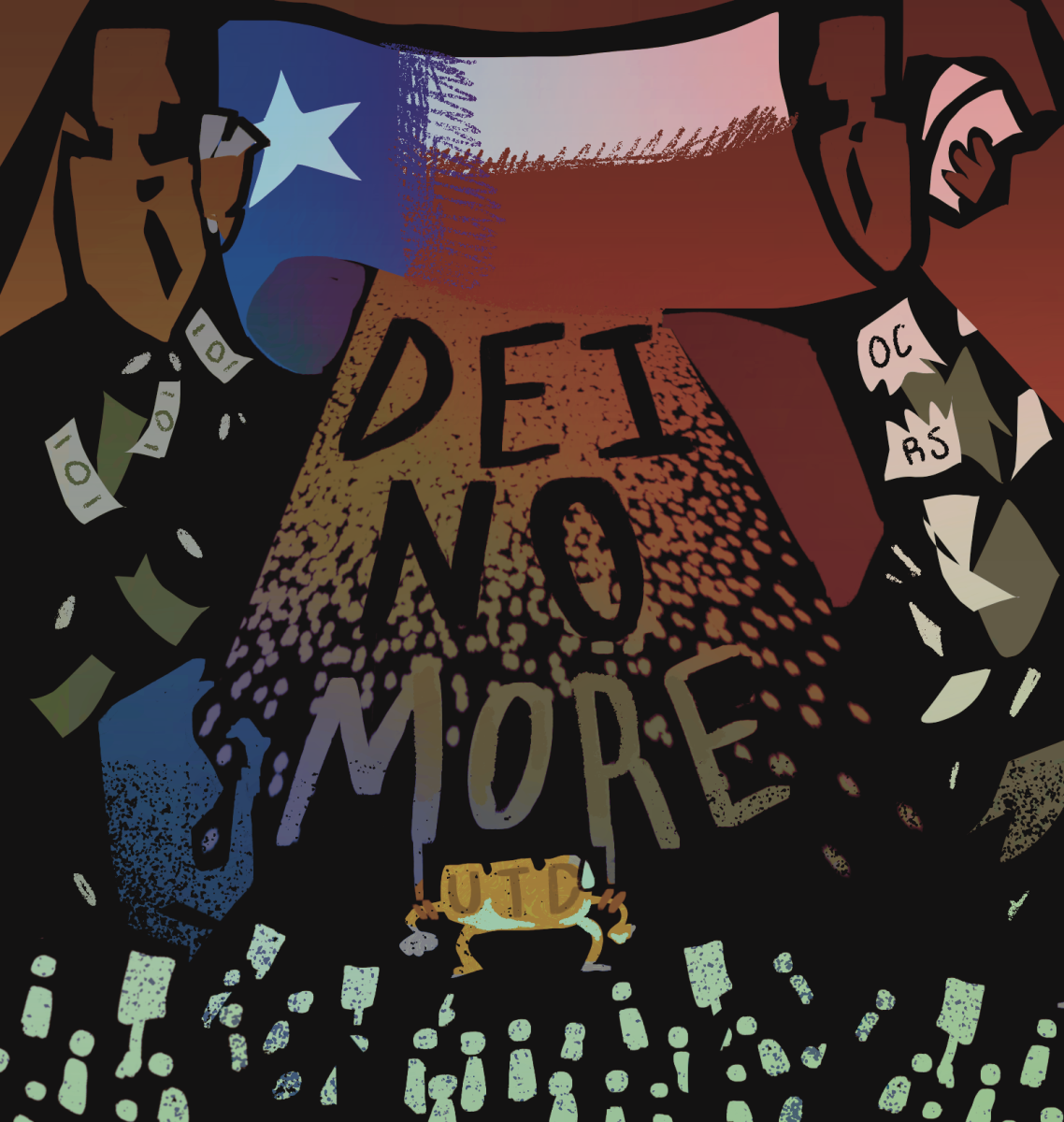Two students launched a campus-based emergency medical response group this semester in an effort to decrease emergency response time and provide a platform for students to gain practical experience in the medical field.
The group, called University Emergency Medical Response, is the first of its kind in the University of Texas System.
UEMR provides emergency medical services free of charge to any member or group of the UTD community. As the result of a partnership between UTD, the city of Richardson, UT Southwestern Medical Center and Parkland Hospital, UEMR operates as a nonprofit organization under the sponsorship of UTD’s police department.
Biology junior Umer Nadir and biochemistry junior Nidhish Lokesh serve as UEMR’s chief and administrative lieutenant, respectively. Nadir and Lokesh, both certified emergency medical technicians, said they realized there weren’t many opportunities for EMT-licensed students to put their skills to use.
“This organization is all about patient care. It’s not about shadowing, it’s not about watching someone else give the care,” Nadir said. “It’s a lot more hands on. We’re treating people at the scene. We are the first responders and we are responsible for the health of the patients there.”
Nadir and Lokesh approached Calvin Jamison, vice president of administration, with the idea for a campus-based emergency medical response group last summer, and said they quickly realized that the process would take much longer than anticipated.
“We came in with that naive mindset, that we’re going to talk to the right people, we’re going to get this pushed through in a few months,” Lokesh said. “Every semester we were like, ‘Alright, this is the semester we’re going to have it ready to go.’ And then we were like, ‘Okay, no.’ A lot of the problem was the legal issues.”
Nadir and Lokesh consulted attorneys regarding healthcare liability issues, looking to existing EMR programs at Rice University and Duke University for reference. UEMR completed negotiations in August and signed three separate contracts with UTD, the city of Richardson and UT Southwestern–Parkland Hospital.
The organization receives funding from the Office of Administration on an annual basis, which primarily covers equipment costs. Student EMTs work as volunteers.
UTD police chief Larry Zacharias, who serves as UEMR’s advisor, said the group’s free-of-charge services would reduce costs for the university.
“Housing would always hire EMTs to be on site during move in. This year, for the first (time), they didn’t have to hire anyone,” Zacharias said. “Every year, when our teams make the playoffs, NCAA requires that there be EMTs on site. UT Dallas always had to pay EMTs. UEMR will do that and save the budget.”
Gilberto Salazar, an emergency physician at UT Southwestern, serves as the medical director of UEMR and oversees the state-mandated continuing education for UEMR personnel, which requires that EMTs and paramedics complete a certain number of clinical hours to maintain proficiency.
“We’re going to make sure that each and every provider is up to date with the latest medical technology,” Salazar said.
UEMR also integrated its services with BioTel, a UT Southwestern-led system providing pre-hospital emergency care throughout Dallas county and directs ambulances to hospitals based on emergency room availability.
Under the current protocols, a 911 call for a medical emergency on campus is routed to Richardson’s dispatch center, which sends an ambulance to campus. The call is then forwarded to UTD’s dispatch center. With the launch of UEMR, UTD’s dispatch center will then dispatch on-campus UEMR personnel to initiate emergency care while the Richardson ambulance travels to the scene, decreasing the time between the phone call and the initial medical response.
“The value to us being there is that we can do the small and tedious things a paramedic has to do in the back of an ambulance with an unstable patient — writing down insurance, writing down his name, getting his address,” Nadir said. “We could get that information for them and have the patient prepped, so all they need to do is just take that patient and go.”
UEMR membership is open to students who have already received national or state accredited EMT Basic certification. At present, 25 EMT-certified students have joined the group. Nadir said UEMR will focus on providing EMR services for specific events during the fall semester and plans to transition to a 24/7 on-call system by the spring semester. The 24/7 on-call system will give members of the UTD community access to emergency care after business hours, when providers such as the Student Health Center are closed.
“If we could get to the patient first, we’d be able to cut down on response time,” Lokesh said. “In pre-hospital care, seconds matter. Seconds will save lives.”

















